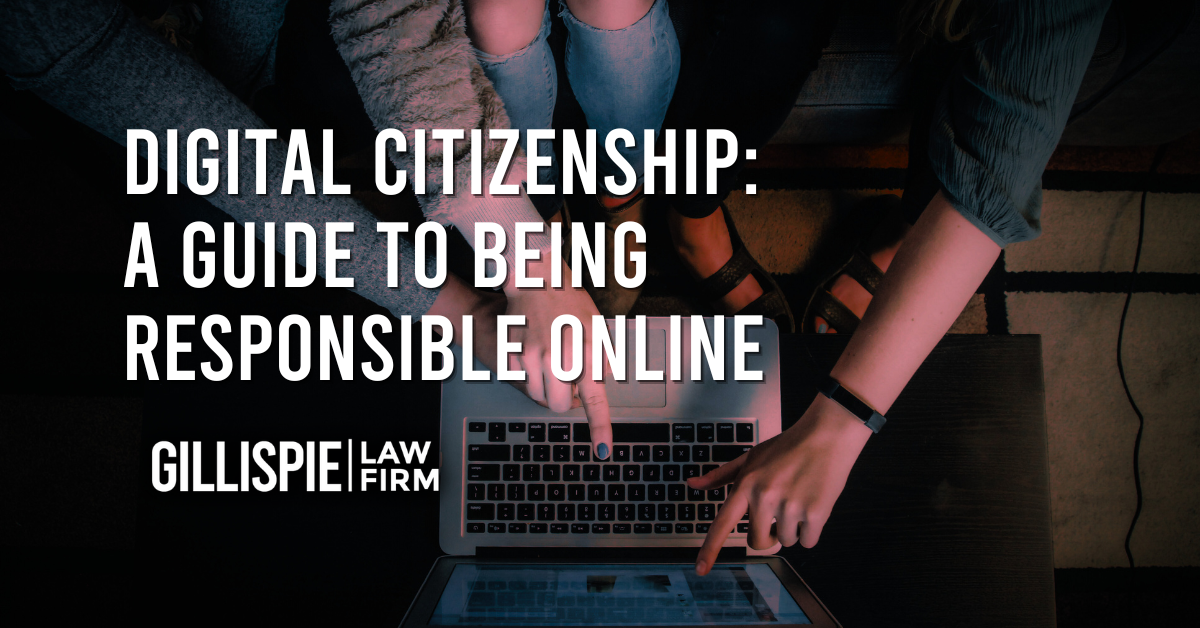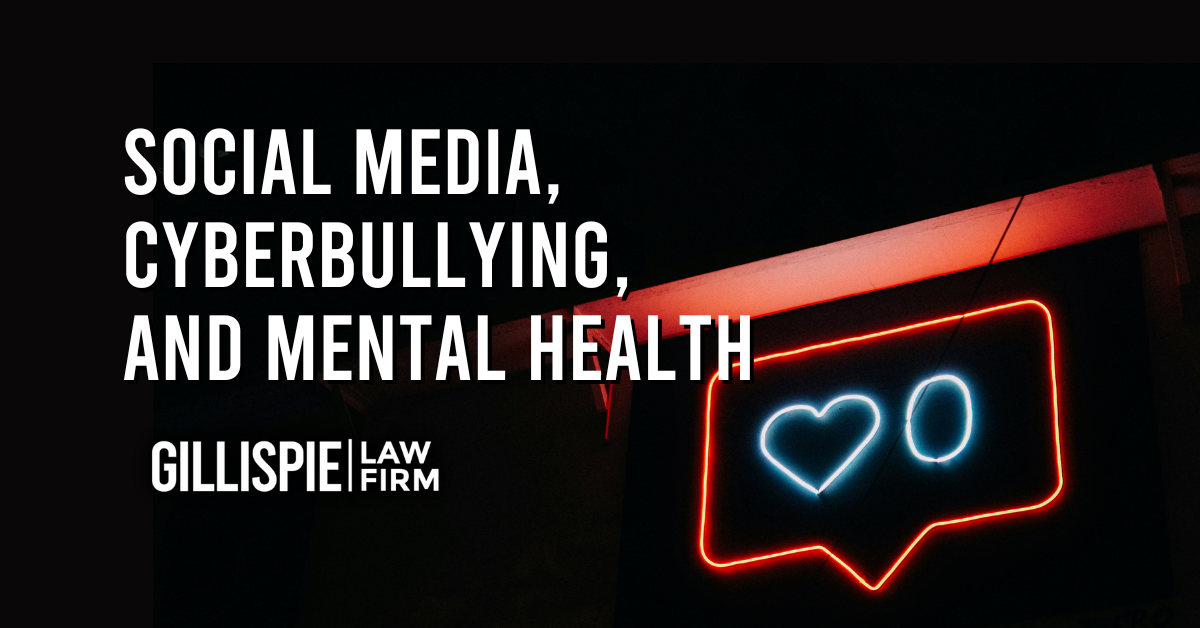Childhood Sexual Abuse: Hidden Signs of Adult Suffering
Sometimes it feels like our spouses or loved ones are hiding something from us. As humans we all have our own quirks, but when your nearest and dearest is suffering in silence from childhood sexual abuse it may not be something they’re willing to talk about or even acknowledge. Their behavior may feel problematic for you if you are unaware of the abuse. If they have told you that something happened to them, but they don’t go into details, you may feel like they are trying to excuse their behavior. However, trauma caused by childhood sexual abuse can manifest in a variety of ways and is different for every survivor. Common life events—like marriage, divorce, or a interstate move—can act as triggers and cause the effects of the abuse to resurface.
Research into the Effects of Childhood Sexual Abuse
There has been varied research done on how trauma from childhood sexual abuse affects adults. These studies have all reached similar conclusions with how these behaviors can present and we’ve listed some of them below.
Depression
One of the most common symptoms adults survivors live with is depression. Survivors may have bouts of feeling helpless, hopeless, or worthless. They may find it difficult to get out of bed, have changes in their appetite, or have a loss of interest in things they once enjoyed. In extreme cases, those suffering from depression may self-harm or attempt suicide. Depression is typically a lifelong battle, even if someone doesn’t present
Anxiety
Another common symptom is anxiety. Oftentimes, anxiety and depression go hand in hand as they are symptoms of each other. People with anxiety can experience panic attacks, trouble sleeping, or heart palpitations. They may develop agoraphobia, social anxiety disorder, or phobias.
Anger
While anger is also prevalent in survivors of childhood sexual abuse, it has not been studied as thoroughly as other symptoms. Being angry is a normal human emotion. However, the anger that stems from abuse is different. Survivors may be angry at themselves or lash out inappropriately at children or friends. They may have uncontrollable outbursts of anger that lead to blackouts and broken bones. Others may live with a quiet anger, whether from realizing they didn’t deserve the abuse, to protect themselves, or are angry on the behalf of others.
Drug and Alcohol Abuse
In many instances, survivors report that they began using drugs and alcohol at a young age to cope with the abuse. That does not mean that every instance results in drug and alcohol abuse, but it can happen. Even though more women report their childhood sexual abuse, men are more likely to develop substance use issues over time. They may say that the substance makes them feel better, makes them think better, or that it makes them feel good.
Post-Traumatic Stress Disorder (PTSD)
Typically, when we hear about PTSD, it is in relation to the military and combat. However, PTSD can manifest from any traumatic situation. Survivors living with PTSD may struggle with intrusive memories, trouble maintaining relationships, being easily startled, or reliving the event through nightmares/flashbacks. PTSD is a very serious condition that, if left untreated, intensifies overtime and has resulted in further tragedy.
How To Help A Loved One Living With Childhood Sexual Abuse
There are a multitude of resources available if your spouse or partner is dealing with the trauma of childhood sexual abuse. Organizations like HAVOCA offer resources to help find counseling and therapy, a local support group search, and online forums for survivors. If that seems extreme, an open and honest conversation with them may convince them to be more open about their experiences and how they want to be helped. They may just need support while they deal with their demons, or they may ask for therapy and medication. If they have hit rock bottom from substance use, they may benefit from an intervention and/or rehabilitation. Keep in mind though, in times of crisis and emergency, the best thing to do is to call 911 and seek professional help.
Healing from Childhood Sexual Abuse
The signs of abuse can manifest in various ways. Each survivor’s experience is unique, and their coping mechanisms will vary. It’s essential to approach situations like these with empathy and patience. Professional help is invaluable in these situations, whether through counseling, support groups, or therapy. Open and honest communication with your loved one can also foster a supportive environment. This encourages them to share their experiences and seek the help they need. In some cases, your loved one may be be entitled to file a civil suit regarding their childhood sexual abuse. A consultation with a sex abuse law firm, like Gillispie Law Firm, can provide more information and support.
With the right encouragement and resources, survivors can begin to heal and navigate their journey towards recovery.



